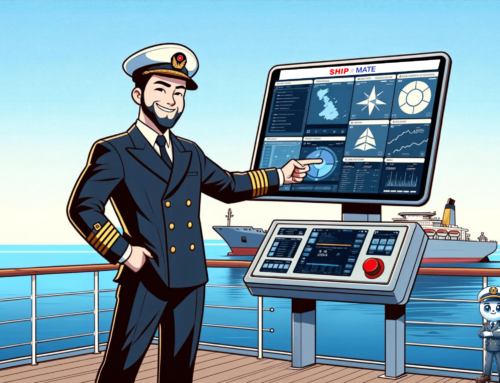Thanks to the ever-evolving global business landscapes, the oil and gas industry has become highly competitive. With international interests, changing international diplomacies and an increased interest of countries like China, the Oil and Gas production industry is no longer what it used to be a few years ago.
A growing need (and want) of the hour
Given the trends of rising numbers of people out at sea, one may expect a hike in the amount of paperwork but the reality is the stark opposite. Over the past decade, seafarers have been actively embracing the changes in how the shipping industry runs with the increasing digitisation across sectors.
One of these aforementioned modifications that has often been highlighted is the reduction of paperwork in ship management- and it is believed to be both a need of the hour and a want amongst those in the industry. This is primarily owing to the large-scale acceptance of digital softwares for ship management. Once, a rather paper-exhaustive and wasteful process, ship management processes are now adopting digitisation more widely, thereby reducing paperwork. It is safe to say that these digital systems are far simpler in their use and a smarter way to reduce paperwork and reduce the dependency on manual workflow.
Another reason that has nudged in the direction of reducing paperwork is the COVID-19 pandemic. Like most other sectors, the shipping industry saw disruptions and losses since the emergence of the pandemic and has been forced to make cuts in an effort to maximise profits. A seemingly bittersweet reality of this dire situation was an inclination towards digitisation at a sooner date than previously anticipated. This includes digital copies of documents replacing paper, processing paperwork online pre-arrival as well as a boom in online payments.
A step in the right direction
The International Maritime Organization (IMO) has of late recognised the importance of reducing paperwork in ship management and are beginning to explore how they could be minimised. This would involve the complete elimination of obsolete paperwork and a thorough review on what paperwork is absolutely essential.


